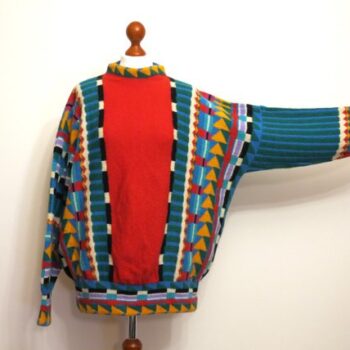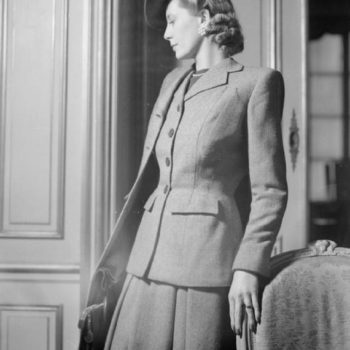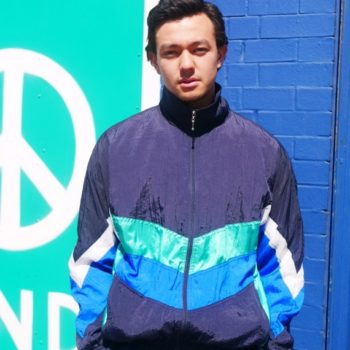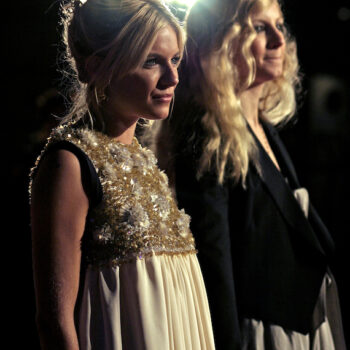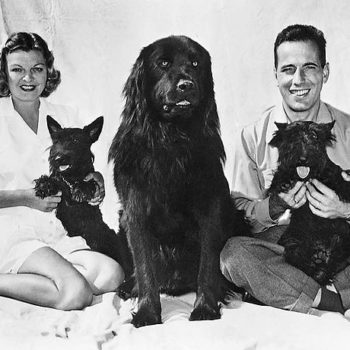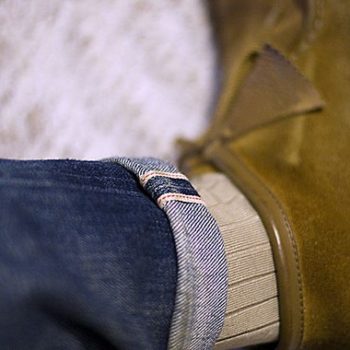Faux Fur Evolution in Fashion
November 18, 2014Faux fur seems to have been around forever, a better, more affordable and more compassionate alternative to real fur. But faux fur only came into being at the end of the 1920s, in 1929. An alternative to the expense and rarity of real fur had been sought for some time, and faux fur was an obvious alternative. However, it wasn’t easy to mimic real fur and manufacturing technologies of the time weren’t as sophisticated as they are today.
Wearing fur goes back many centuries
Naturally, animal skin follicles is the oldest form of dress and we can go back to the very beginning of man’s time on earth to when fur wasn’t just for decoration, but a necessity to keep out the cold and freezing temperatures.
As the thirties approached, artificial faux fur was sought after as an affordable alternative to real fur. Starting with alpaca, a South American mammal, it was difficult dye, so colours were limited. As well as that, the hair of the alpaca wasn’t an easy material to work with and the results weren’t impressive.
The forties and beyond and better manufacturing techniques
The forties were to see a massive difference with its manufacturing techniques resulting in an improvement in quality and in turn, a better choice of colours. It was the fifties that would see a really big change in the quality of modern fur substitutes. Acrylic polymers replaced alpaca hair in order to produce a more realistic quality of fur. Polymers were also mixed making them fire resistant. Modacryclics were also used, this was to become a prime polymer in the manufacture of soi disant- fake fur, and as a result, coats came to look far more realistic, weighed less than real fur and looked every bit as good. Faux Furs were now more durable and resistant to the environment and accidental damage.
Faux fur – the real thing
Today, faux fur is almost indistinguishable from real fur and is a much better alternative, its lighter and has a low moisture absorbency, so it dries quicker. It can also be cleaned and still retain its shape, and the mix of polymers used prevents it from attracting mildew. One other advantage, from an aesthetic viewpoint, is that it can be dyed into many different colours. Other materials can also be used such as silk, mohair, cotton and wool.
New technology is constantly being developed and relatively new to the industry is a process known as animal simulation techniques, this involves mixing fibres and simulating certain sections of an animal in order to get a perfect look that mimics the fur without harming any living creature.
Faux fur – the new fur
It’s hoped that faux fur has become so sophisticated now, that it has successfully replaced the need to use real fur. The shapes and designs of new coats and jackets are so elegant, smart and beautifully dyed, there’s no real reason to wear real fur anymore.The clever manufacturing techniques used today means you can have a material that’s durable, lightweight and in keeping with modern trends.
Want some vintage faux fur?
If you’re looking for a faux fur jacket or coat from previous decades then look in all good vintage stores both online and on the high street. If you’re unsure as to whether it’s real or faux and the label is no longer on the garment, then ask. Keep in mind that earlier versions won’t have the same sophisticated techniques and will therefore, in all likelihood look faux, but if you’re searching for an authentic look for a particular era then go for it.
Shop All Women’s coats
leopard-print-catwalk-2104
Catwalk Fendi Fur Ban May 17
Anthracite Black Fur
faux fur coats



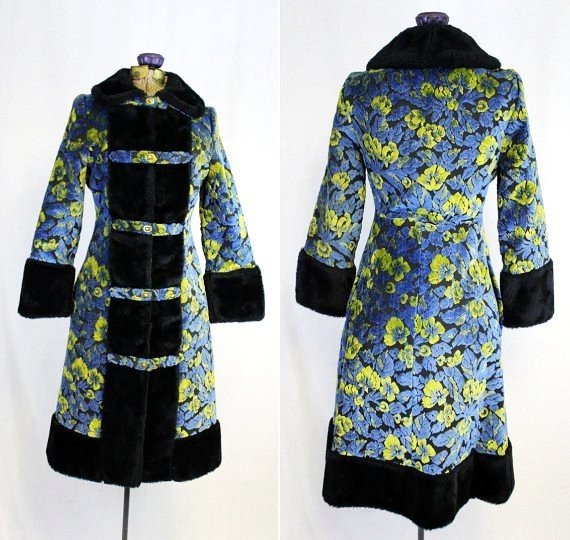
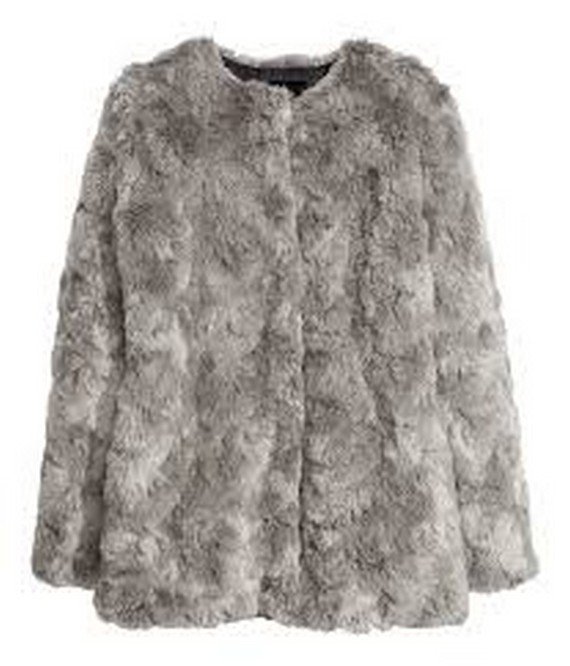
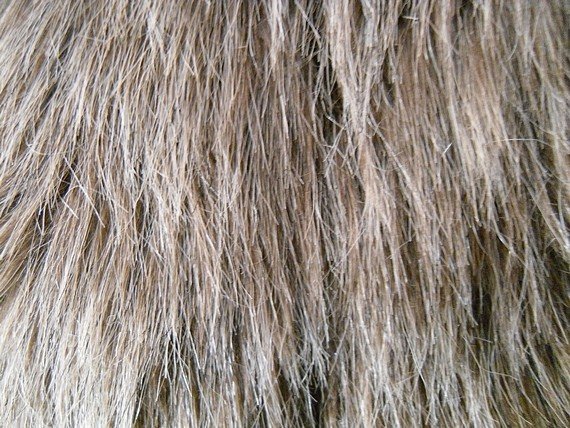
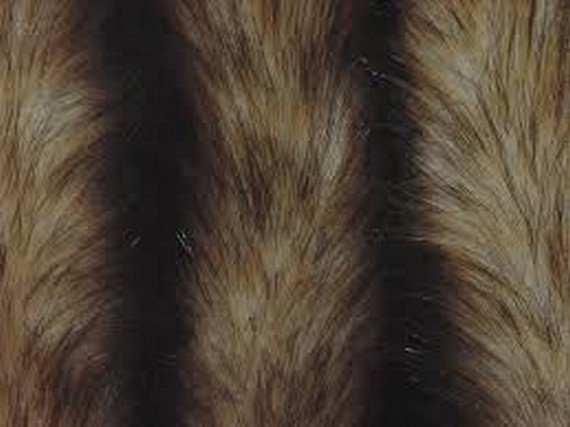
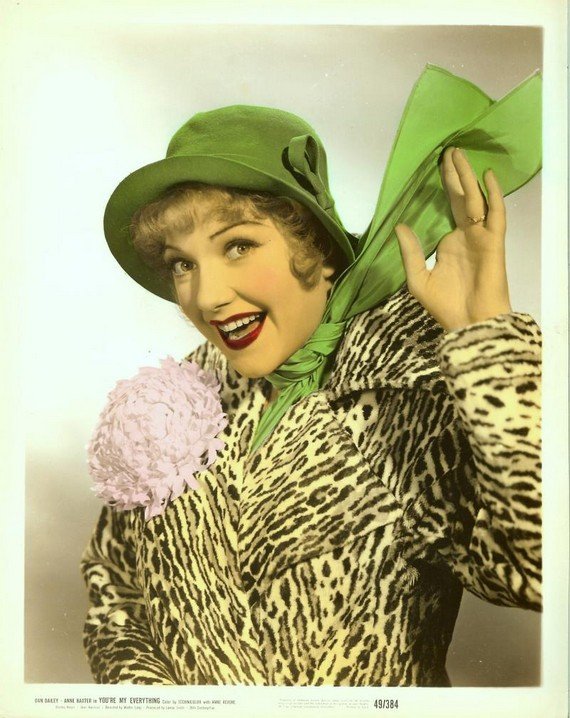
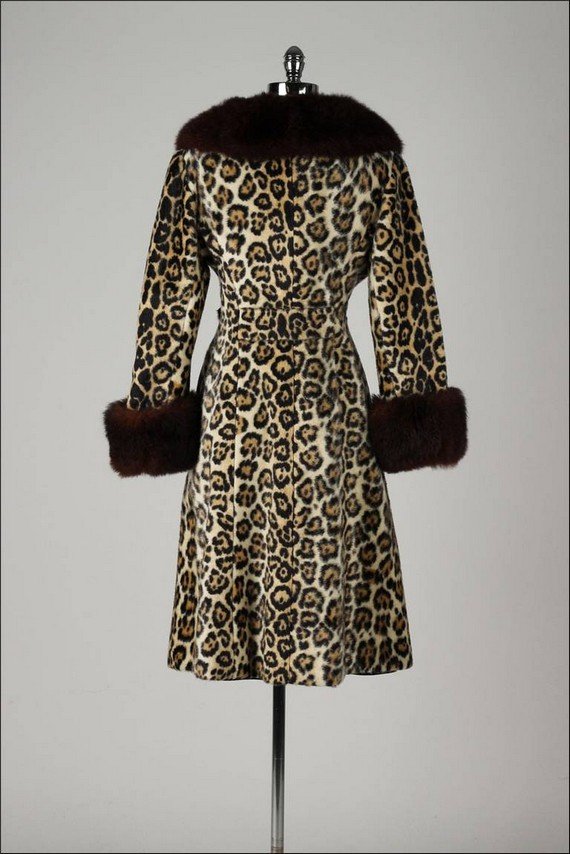
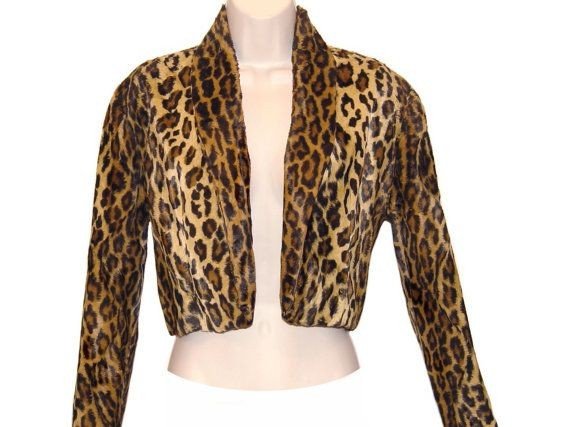
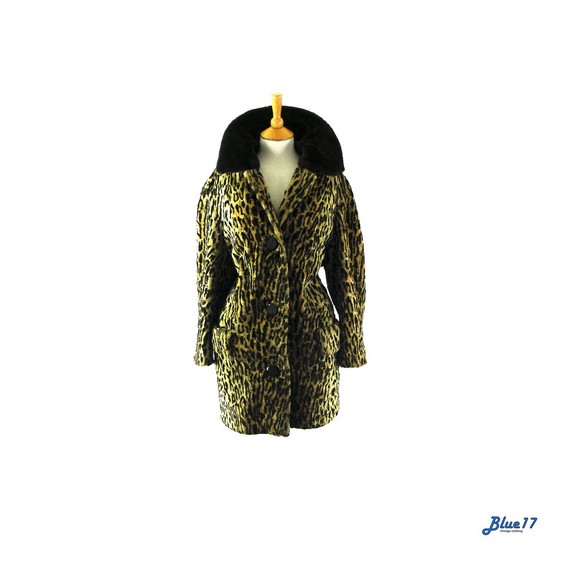
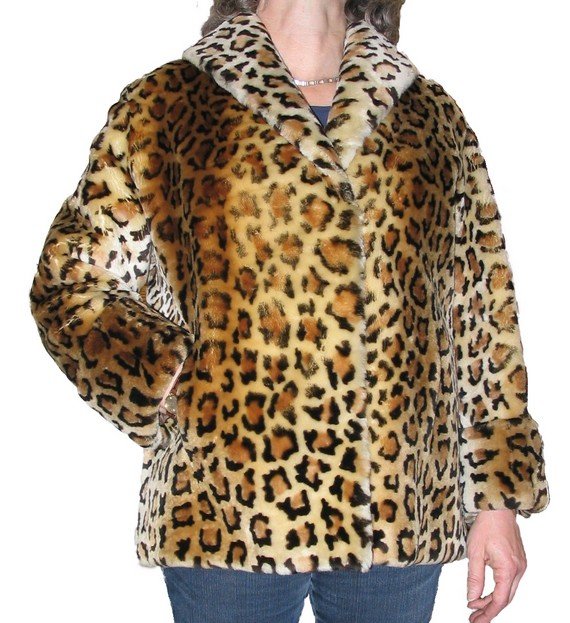
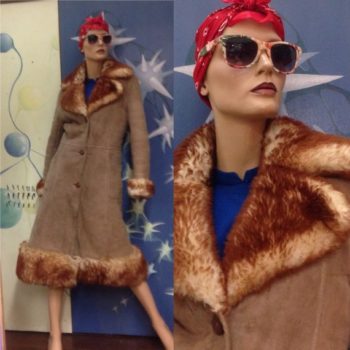
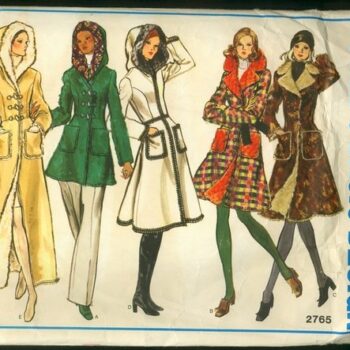

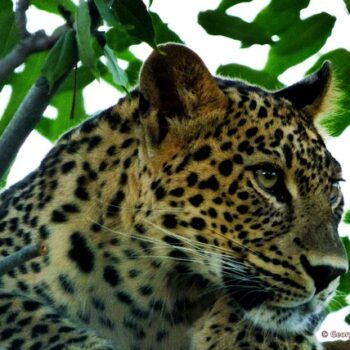
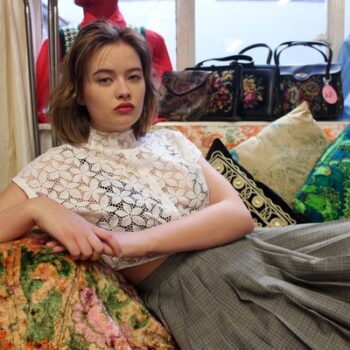
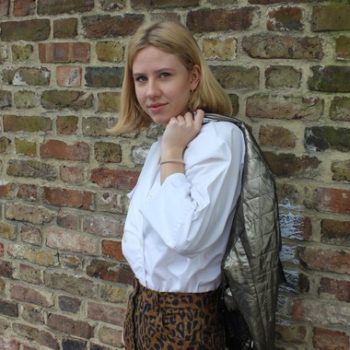
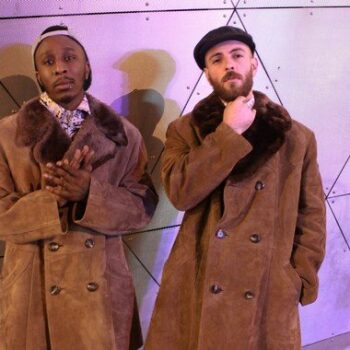

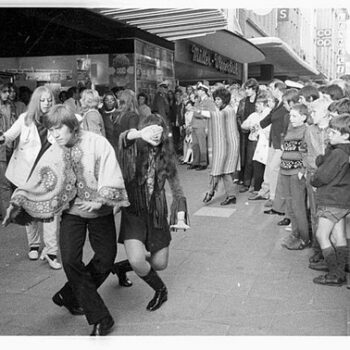
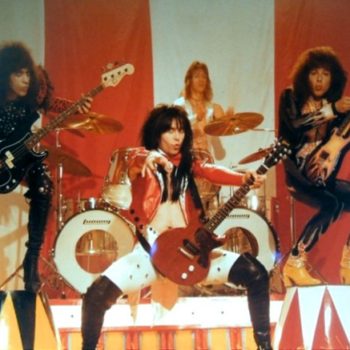
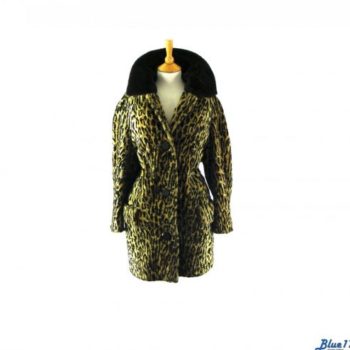
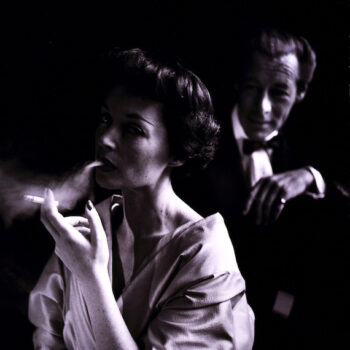
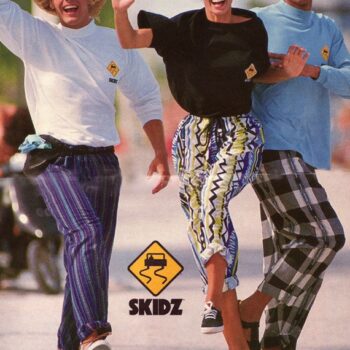
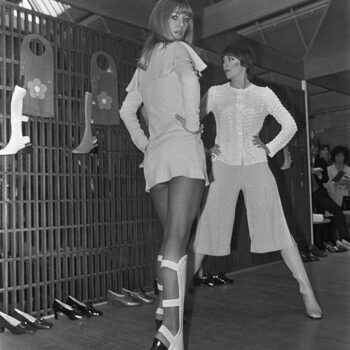
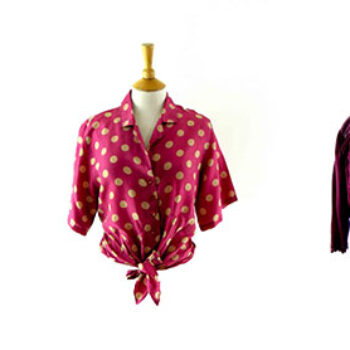
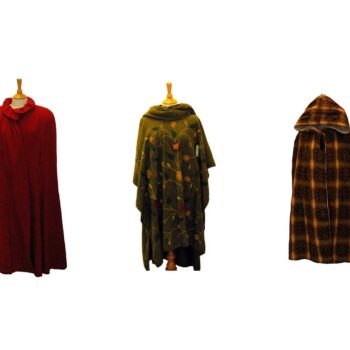
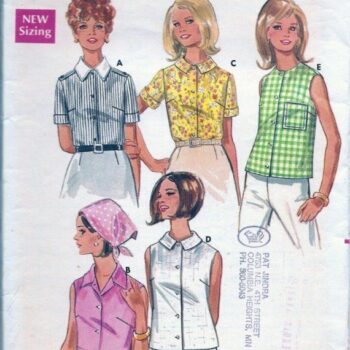
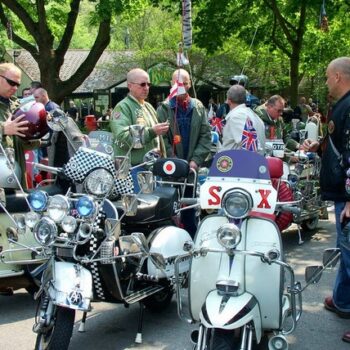

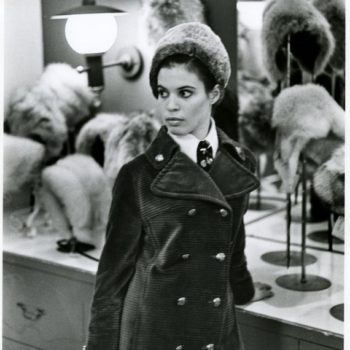

![LFWMAW18, By Philafrenzy (Own work) [CC BY-SA 4.0 (https://creativecommons.org/licenses/by-sa/4.0)], via Wikimedia Commons](https://www.blue17.co.uk/wp-content/uploads/2018/02/London_Fashion_Week_Mens_Strand_January_2017_02-350x350.jpg)
